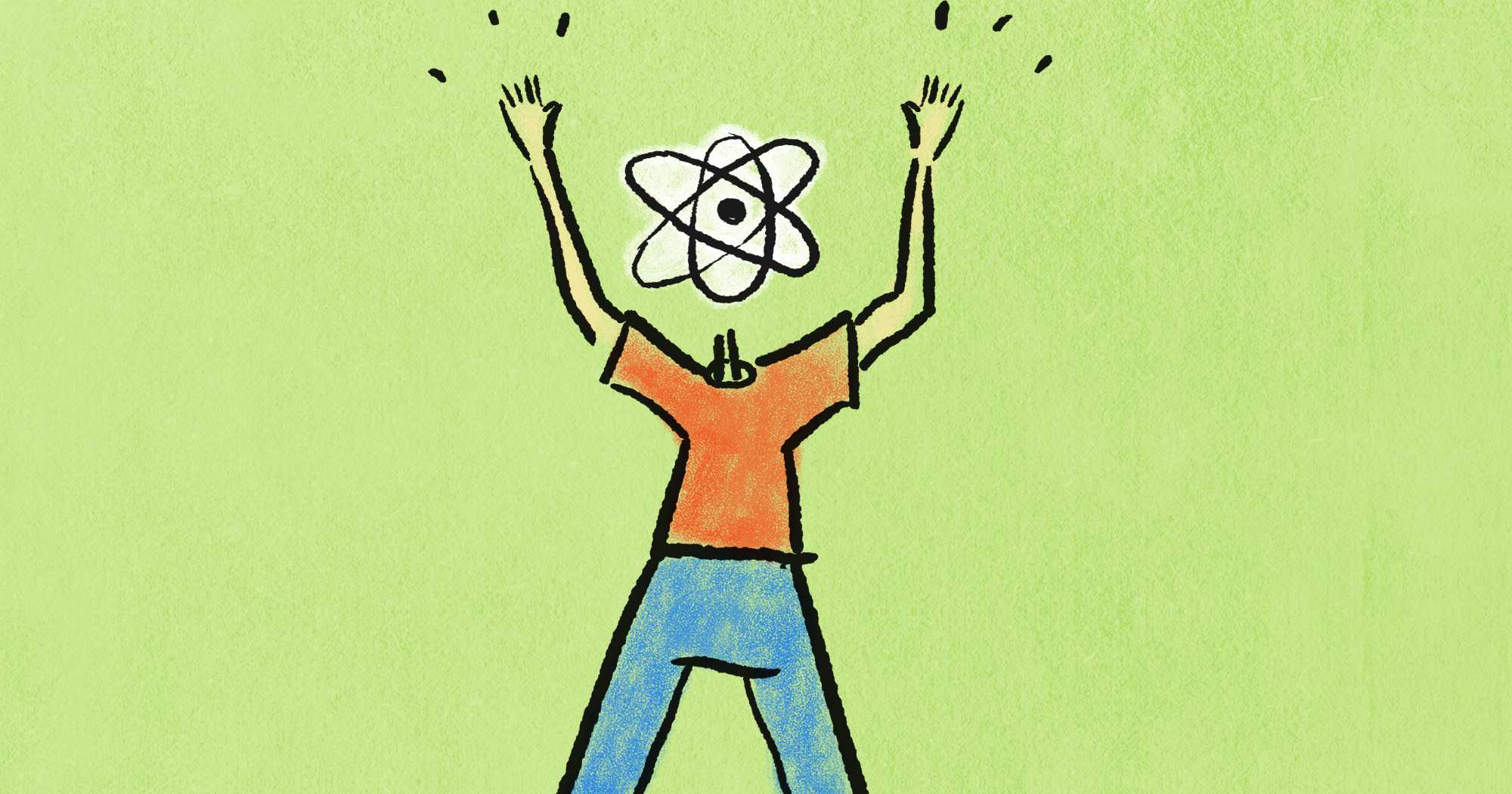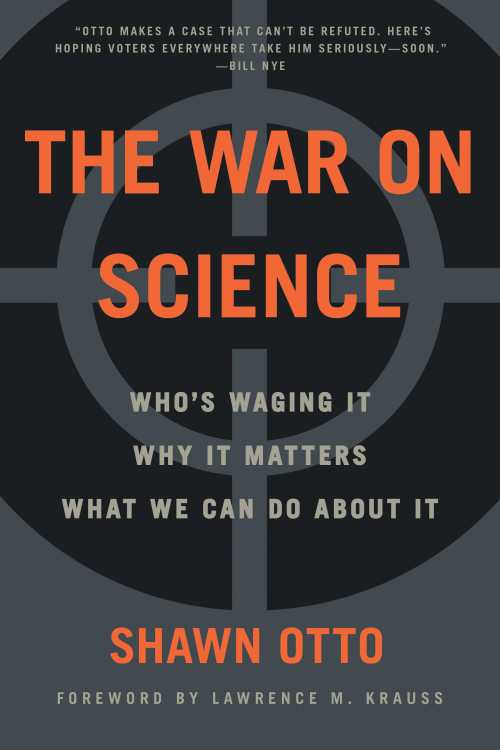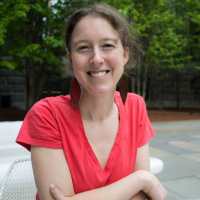Science Under Attack from Left and Right; Author Says Time to Lift the Fog of War

Science is threatened in the United States, and therefore Americans are, too, says Shawn L. Otto in The War On Science: Who’s Waging It, Why It Matters, and What We Can Do About It (Milkweed Editions, June 2016). Issues like climate disruption, food and water safety are critical, but decision-making has been ceded to the opinions of those who promote profits or defend ideology: representatives of postmodernist relativism, religious fundamentalism, and industry. That’s dangerous, says Otto. We need scientific knowledge to protect our world and our health. More important, the power of an objective truth, and every person’s entitlement to wield that power, is a cornerstone of democracy.
In keeping with Milkweed Editions’ mission “to identify, nurture and publish transformative literature, and build an engaged community around it,” Otto’s book invites readers to be active and critical consumers of information. The e-book edition has hyperlinked footnotes that direct readers to the original source material. Further, he outlines twelve “battleplans” that individuals and institutions can deploy to restore science to its rightful place in American politics.
To believe this is possible requires optimism and faith. Science provides, and Otto illuminates. More in his words here:
What is at stake in the War on Science?

Shawn L. Otto: 'Those who challenge science generally don't like what the evidence says.'
The future of democracy as a viable form of government. Science is a force for equality and justice because it is universal knowledge about nature, rather than power built up by any one social group, or class or country. It is fundamentally antiauthoritarian because it doesn’t take anything on faith. It says “show me your evidence and I will make conclusions myself.” Those who challenge science generally don’t like what the evidence says. But science has a lot of prestige. So to get their way they wage war on science by attacking its precepts or sowing confusion about what it really says.
Where is the War on Science being fought, and how?
It’s being fought all over the world but the battles are worst in the United States, where science is under attack on three fronts: the ideological war, the identity politics war, and the industrial war. These battlefronts over science came to determine our current political party structure in the United States. A realignment happened beginning in 1962 with the publication of Rachel Carson’s “Silent Spring.” There was a split then between petro- and agrochemical companies, who really tried to vilify Rachel Carson, on the one hand, and environmental science and the environmental movement, which really came out of her work, and government science and mainstream science that supported her conclusion, on the others. So old industry found itself opposing new science because it threatened the bottom line.
Then about ten years later, advances in control over the human reproductive cycle and our understanding of when life begins began to offend religious fundamentalists. They found themselves in common cause with the petrochemical companies and this marriage of convenience became the basis for the modern Republican Party. So there’s this political alignment pairing old industry and old religion against science, health science, organic farmers, and environmentalists. And that’s today’s political parties.
The war on science is also being fought from the left. Could you explain how that is happening?
This started after WWII. Science was morally discredited because of the bomb. The post-modernist intellectual movement argued that truth is relative and that the claims (“metanarratives”) of anyone in power are suspect and really just ways of retaining power. And Science was the metanarratives of white men, just one way of knowing, no better or worse than any other.
In an important way, that was helpful … because it provided ways of empowering previously disempowered voices, which is actually, ironically, really great for science. The more diversity science has the more angles on a problem and the better chance it has of arriving at objective truth.
But unfortunately those academics in journalism and education threw the baby out with the bathwater, and declared all science as just another subjective view of the world. Which is nonsense. Science by its nature seeks to cull out what is true no matter who does the measuring or what their political identity group.
But J-schools still teach there is no such thing as objectivity. Believing this, and not really knowing in detail much of what they’re reporting on—because they’re not experts, they’re generalists—journalists will go to a scientist and say, “Well what do you think about this global warming thing?” or “What do you think about this claim that vaccines cause autism?” But not knowing, or having the capacity to judge for themselves whether what that scientist says is supported by evidence, they will go to another person. Hopefully one, in their view, with a different viewpoint, to achieve “balance.” They’re creating a situation called false balance, equating the knowledge that has been obtained through self-sacrifices and sometimes the deaths of scientists over decades or centuries, accumulating evidence from thousands of experiments and sometimes billions of data points, being presented by the scientist, with the impassioned opinion of someone seeking to convince you of their unscientific conclusion.
So ironically postmodernism enables authoritarians to discredit science as just another point of view. This is a powerful tool if you don’t like what the evidence is saying. You simply argue “debate is good.” But science is the great equalizer. Evidence and facts are the one thing that puts the least of us on an equal footing with the most powerful of us. That’s why powerful people spend so much effort trying to argue with the facts. By discrediting science, postmodernist academics became the servants of wealthy vested interests, not the champions of disempowered groups.
What do you see as the role of nonscientists in advancing evidence-based policy? As you describe, ideally the antidote to antiscience is answering with good science, but not necessarily every citizen or every journalist is equipped to do that.
It’s a problem. I think that it has to start with people realizing how critical science is to their freedom. Evidence is the foundation of justice. … The first thing is to support people running for office who are concerned about reason and take nonbiased, nonsectarian approaches.
[Another thing to do] is to hold the press accountable. If you see them engaging in false balance, where they portray information from science then seek to balance it with an opinion of someone outside of science, write their ombudsman and complain. They value their readers’ opinions and will make adjustments.
The [third] thing is go to ScienceDebate.org, which is a nonprofit organization [founded in 2007 by Otto with fellow writers, scientists and others] that works to encourage candidates for public office to debate the big science, tech, health and environmental issues—just like they debate the big economic and foreign policy issues—so these issues can be part of our decision-making process.
You mention the idea that people should “create a narrative.” How can writers and scientists communicate clearly and tell a story that resonates without somehow jeopardizing the objectivity of the science that we’re trying to advance?
It seems to me your project itself is addressing that challenge in some ways, in finding a way to honor the objectivity and manage complexity in a way that a general audience can understand.
Yes, exactly. Part of the narrative is to embrace the fact that while science is never partisan, because it creates knowledge it is always political. That politics has a narrative, and the narrative should be about justice. Science itself also a narrative. It’s a story that we’re writing down about what we’ve discovered about nature, in this huge, enormous book that’s spread out over all these different journals. … These things are multilayered and super-complex. Even though we will always be imperfect at it, that narrative is a critical bridge between what we know, what we can do, and what is right, and on this our freedom hangs.

Emily Avery-Miller is a writer and teacher in Boston. Her prose and reviews have appeared in Bird’s Thumb, Literary Bohemian, Art New England and others. @EBAverymiller
Emily Avery-Miller
